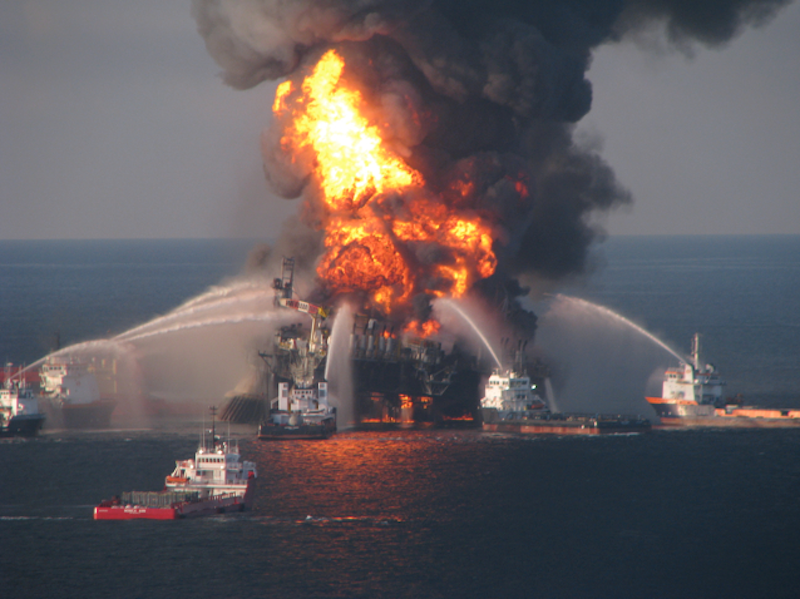The National Academies Press (NAP) has released its latest book to follow up on the Deepwater Horizon oil spill entitled, "The Human Factors of Process Safety and Worker Empowerment in the Offshore Oil Industry: Proceedings of a Workshop."
Since the 2010 Deepwater Horizon blowout and oil spill, efforts to improve safety in the offshore oil industry have resulted in the adoption of new technological controls, increased promotion of safety culture, and the adoption of new data collection systems to improve both safety and performance. As an essential element of a positive safety culture, operators and regulators are increasingly integrating strategies that empower workers to participate in process safety decisions that reduce hazards and improve safety.
 While the human factors of personal safety have been widely studied and adopted in many high-risk industries, process safety – the application of engineering, design, and operative practices to address major hazard concerns – is less well understood from a human factors perspective, particularly in the offshore oil industry.
While the human factors of personal safety have been widely studied and adopted in many high-risk industries, process safety – the application of engineering, design, and operative practices to address major hazard concerns – is less well understood from a human factors perspective, particularly in the offshore oil industry.
The National Academies of Sciences, Engineering, and Medicine organized a workshop in January 2018 to explore best practices and lessons learned from other high-risk, high-reliability industries for the benefit of the research community and of citizens, industry practitioners, decision makers, and officials addressing safety in the offshore oil industry. This publication from NAP summarizes the presentations and discussions from the workshop.
National Academies of Sciences, Engineering, and Medicine. 2018. The Human Factors of Process Safety and Worker Empowerment in the Offshore Oil Industry: Proceedings of a Workshop. Washington, D.C.: The National Academies Press.




